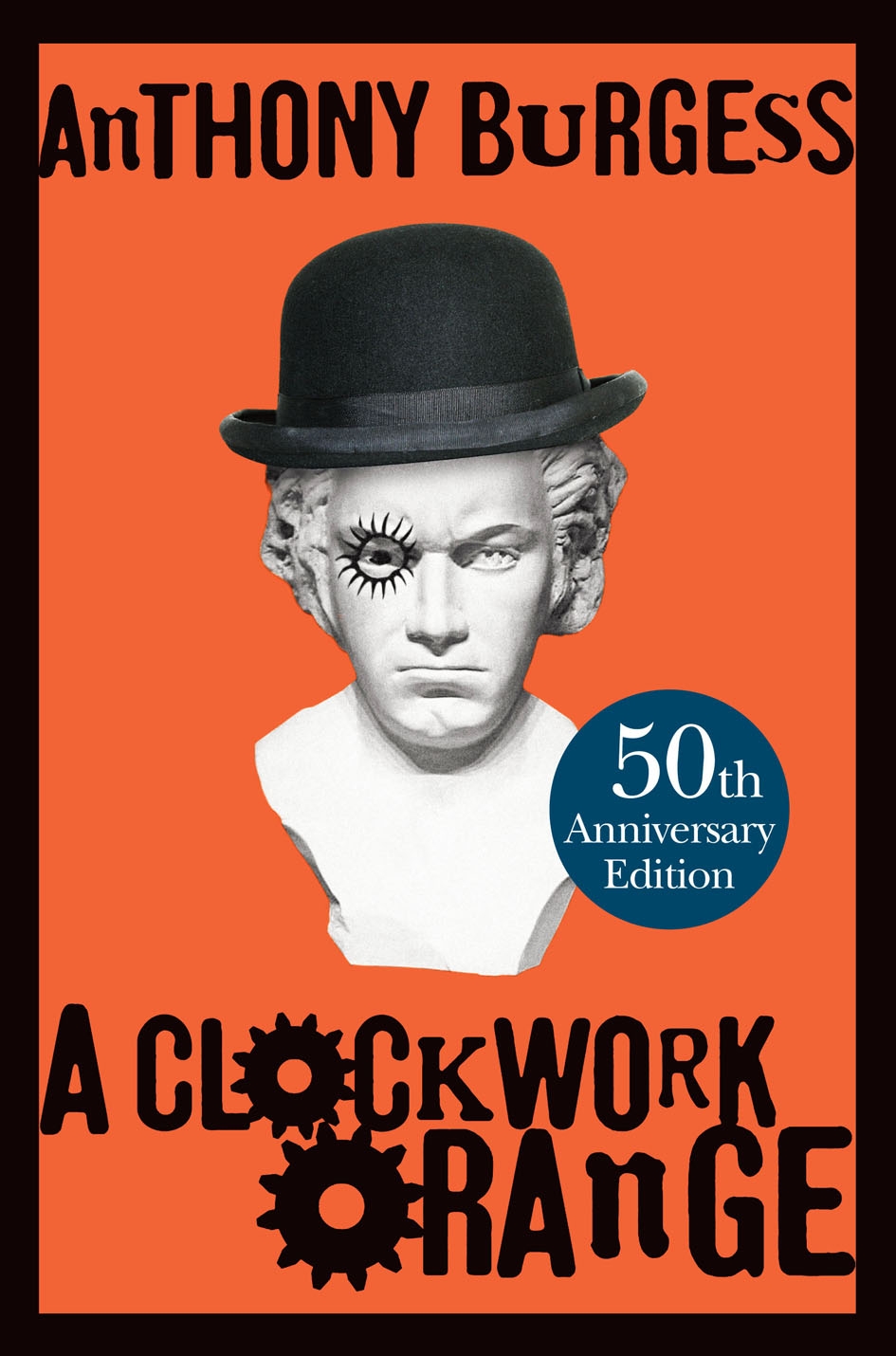
Or it may be a novel that, because of an uncontainable concern or anger with something taking place in the real world, the novelist-to his shame-made less of an entertainment than usual, more of a sermon or homiletic or didactic statement-the production of such things not really being the novelist’s job. The occasion of this compulsion may well be a sudden public interest in one of his novels-a book he wrote without profound consideration of its meaning, an intended rent-paying potboiler that turned out to have a significance unguessed at by the author. He finds himself forced to give his own views of deep matters. It sometimes happens, however, that a mere entertainer like myself is drawn, against his will, into the sphere of “serious” thought. And then his tragic mood is over and he becomes a buffoon, tumbling about and walking on his hands. Even the tragic dramatist remains a clown, blowing a sad tune on a battered trombone. Macbeth thinks one thing and Macduff a thing diametrically opposed to it the King’s ideas are not Hamlet’s. And when the characters start to think, and express their thoughts, these are not necessarily the writer’s own. Indeed, it is hard to know what the imaginative writer really does think, since he is hidden behind his scenes and his characters. No creator of plots or personages, however great, is to be thought of as a serious thinker-not even Shakespeare. The President of the United States uses words, the physician or garage mechanic or army general or philosopher uses words, and these words seem to relate to the real world, a world in which taxes must be levied and then avoided, cars have to be run, sicknesses cured, great thoughts thought and decisive battles engaged. His use of words is not to be taken too seriously. He mimes, he makes grotesque gestures, he is pathetic or comic and sometimes both, he sends words spinning through the air like colored balls. He is a mere entertainer, a sort of clown. The novelist passes the time for you between one useful action and another he helps to fill the gaps that appear in the serious fabric of living. Moreover, it is not a useful trade, as is that of the carpenter or the pastry cook.


Novelists put dirty language into the mouths of their characters, and they show these characters fornicating or going to the toilet.

It is, I think, a harmless trade, though it is not everywhere considered a respectable one.


 0 kommentar(er)
0 kommentar(er)
